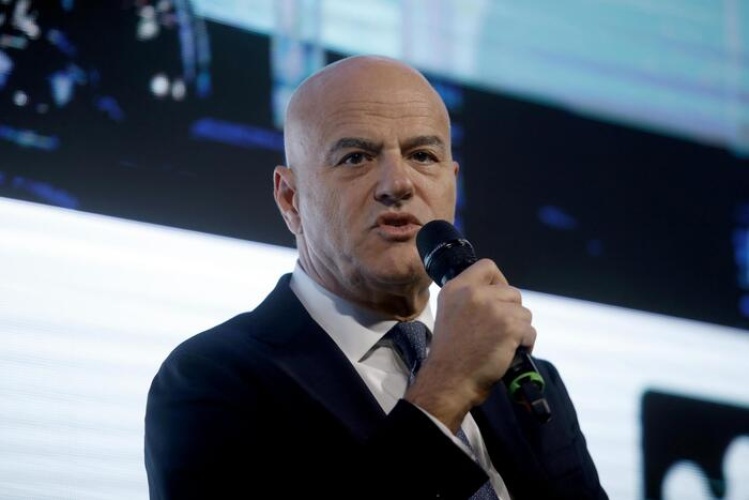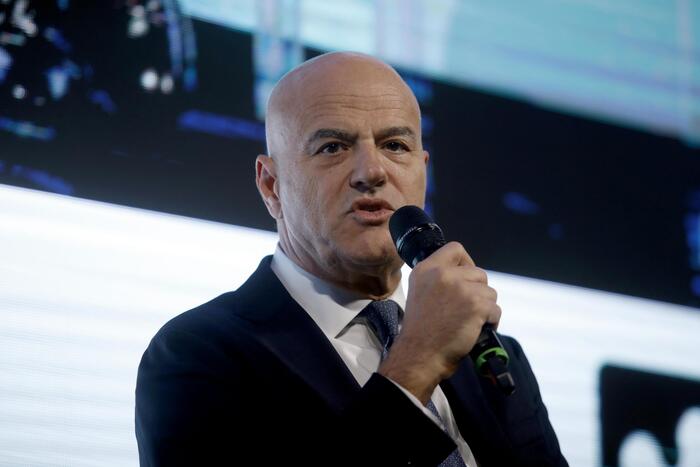The partners will work together on a range of projects aimed at launching a nuclear fusion power plant capable of feeding electricity into the grid in the early 2030s, ENI said.
The energy type is a good choice as a base load energy in future with many advantages including the inexhaustibility of resources, inherent safety, no long-lived radioactive wastes, and almost no CO2 emissions.
ENI, which first invested in CFS in 2018 and is a major shareholder, said the process would help the company to reach its net-zero emissions goal by 2050.
Thursday's agreement strengthens the partnership between the two companies, bringing together ENI's engineering and project management expertise and CFS' development project network.
"Having this technology at the industrial level, providing large quantities of zero carbon energy produced in a safe, clean and virtually inexhaustible way, will mean that we will contribute substantially to the energy transition challenge," ENI CEO Claudio Descalzi, said.
"We will see the first CFS power plant based on magnetic confinement fusion at the beginning of the next decade, with then almost two decades ahead to deploy the technology and achieve the energy transition goals by 2050."
The world's first plant to effectively produce fusion energy, dubbed SPARC, is in construction at present and hopes are that it will be operational some time in 2025.
ANSA











